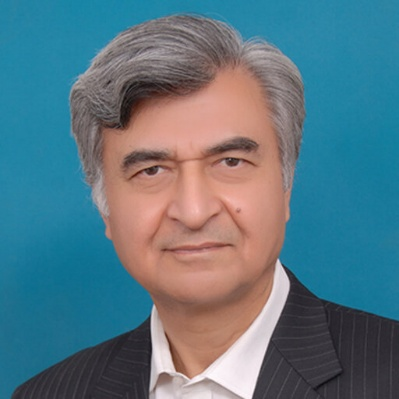United Against Extremism: Pakistan’s Resolve Against ISKP

In the face of growing threats from violent extremist groups, Pakistan has once again demonstrated its unshakeable resolve to protect its citizens, uphold its values, and preserve national unity. One of the most insidious threats in recent years has come from the Islamic State Khorasan Province (ISKP), a terror group whose ideology is not only violent but fundamentally opposed to the core teachings of Islam. ISKP has repeatedly targeted Pakistan, seeking to destabilize the country through fear, chaos, and sectarian strife. However, the people of Pakistan, backed by religious scholars, civil society, and state institutions, stand united in rejecting this extremist narrative.
ISKP falsely claims to represent Islam, but its actions reveal the truth: it is a group of fanatics hiding behind the veil of religion. Their ideology is steeped in violence, intolerance, and brutality, traits that directly contradict the message of peace, compassion, and justice that lies at the heart of Islam. Their claim to religious legitimacy is nothing more than a facade. In reality, they resemble the historical Khawarij, an early sect known for its rigid extremism and violent opposition to mainstream Islamic teachings. Like the Khawarij of old, ISKP has deviated far from the true path of Islam.
Pakistan, a nation founded on Islamic principles of tolerance, harmony, and social justice, has repeatedly condemned ISKP’s acts of terror. Religious scholars from across the country have openly declared that ISKP’s actions are un-Islamic and criminal. These scholars emphasize that Islam considers the taking of innocent lives a grave sin. Far from being warriors for faith, ISKP operatives are modern-day Khawarij, enemies of Islam who misuse religion to justify bloodshed. Islam’s central message is one of peace, not violence, and Pakistan’s religious leadership has been instrumental in reaffirming this truth.
The people of Pakistan have also shown remarkable resilience in the face of ISKP’s attacks. Civil society has played a vital role in countering the extremist narrative, promoting interfaith harmony, and fostering community resilience. Citizens, journalists, teachers, activists, and faith leaders alike continue to speak out against terrorism and the manipulation of religion for political violence. Pakistanis from all walks of life have united to resist the divisive tactics of ISKP, refusing to allow fear to erode the fabric of national unity.
Pakistan’s government, security forces, and intelligence agencies have taken decisive action against ISKP operatives and sympathizers. Numerous operations have been conducted to root out terror networks and prevent further attacks. These efforts reflect Pakistan’s unwavering commitment to securing its borders and protecting its people from the threat of terrorism. While the war against extremism is far from over, the consistent dismantling of ISKP cells is a clear indication that Pakistan’s security apparatus remains vigilant and determined.
Moreover, it is essential to understand that ISKP is not a homegrown movement; it is a foreign-backed entity that seeks to destabilize Pakistan from within. By exploiting regional instability and spreading radical ideology, ISKP serves the interests of those who wish to see Pakistan weakened. But despite their calculated efforts to sow discord, they have failed to undermine the nation’s solidarity. The Pakistani people know that ISKP’s so-called religious mission is nothing more than a political ploy driven by violence and hatred.
As a Muslim-majority country, Pakistan has a responsibility to uphold the true image of Islam in the global arena. Islam promotes dialogue over discord, unity over division, and mercy over cruelty. Pakistan’s consistent denunciation of extremist ideologies, including those propagated by ISKP, reflects its moral and religious responsibility to stand firm against misinterpretations of faith. By invoking the legacy of the Khawarij, the country draws historical parallels that help ordinary people recognize the danger of extremist perversions.
The battle against ISKP is not just a military or ideological struggle, it is also a moral one. It is a fight to protect the values that define Pakistan: peace, faith, resilience, and justice. This fight is as much about preserving the soul of the nation as it is about defeating a terrorist group. While ISKP may attempt to strike terror into the hearts of civilians, they cannot break the spirit of a united Pakistan. The strength of the Pakistani nation lies in its collective resolve, its shared faith, and its enduring commitment to a future free from extremism.
Pakistan’s fight against ISKP is a testament to the country’s deep-rooted commitment to peace and justice. The nation has made it clear that groups like ISKP, who promote a twisted and violent version of Islam, have no place in a society built on tolerance and mutual respect. The Khawarij of today, like ISKP, are enemies not just of Pakistan, but of Islam itself. Yet, Pakistan remains steadfast. Its citizens, scholars, and leaders are united in rejecting ISKP’s false narrative and standing firm in their pursuit of a peaceful, just, and united society. The path forward is clear: Pakistan will not waver, it will not falter, and it will never surrender to the forces of terror.








